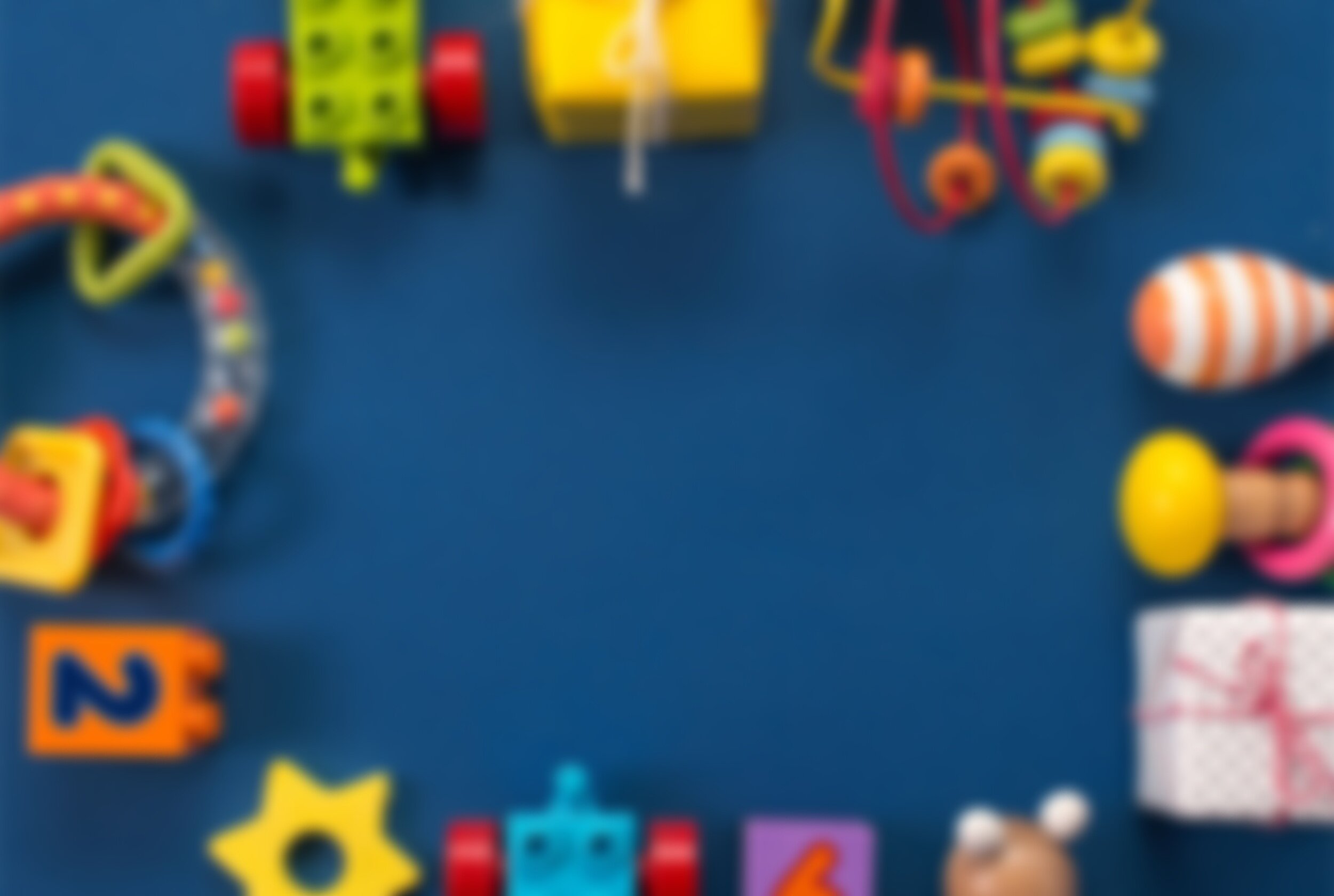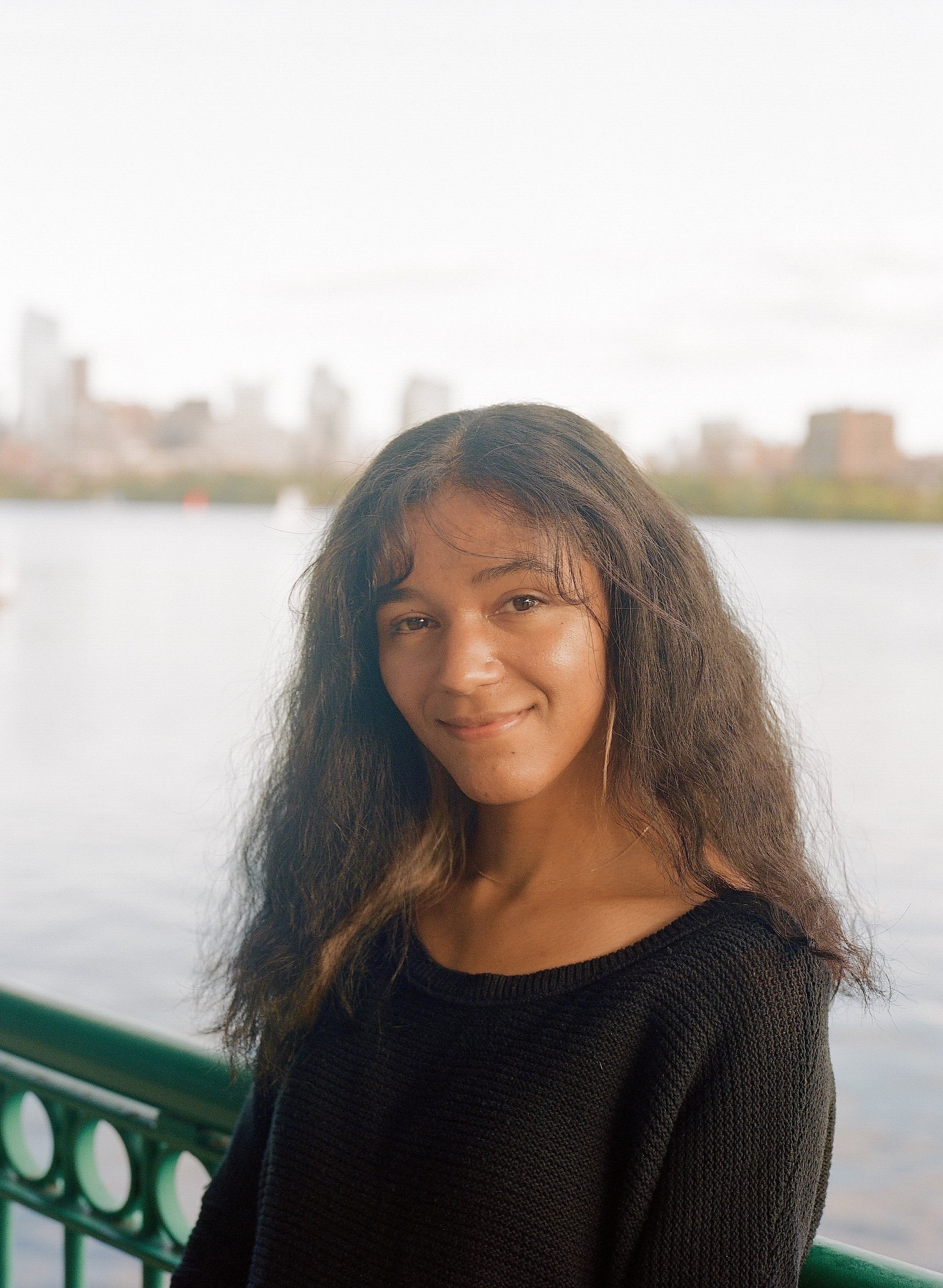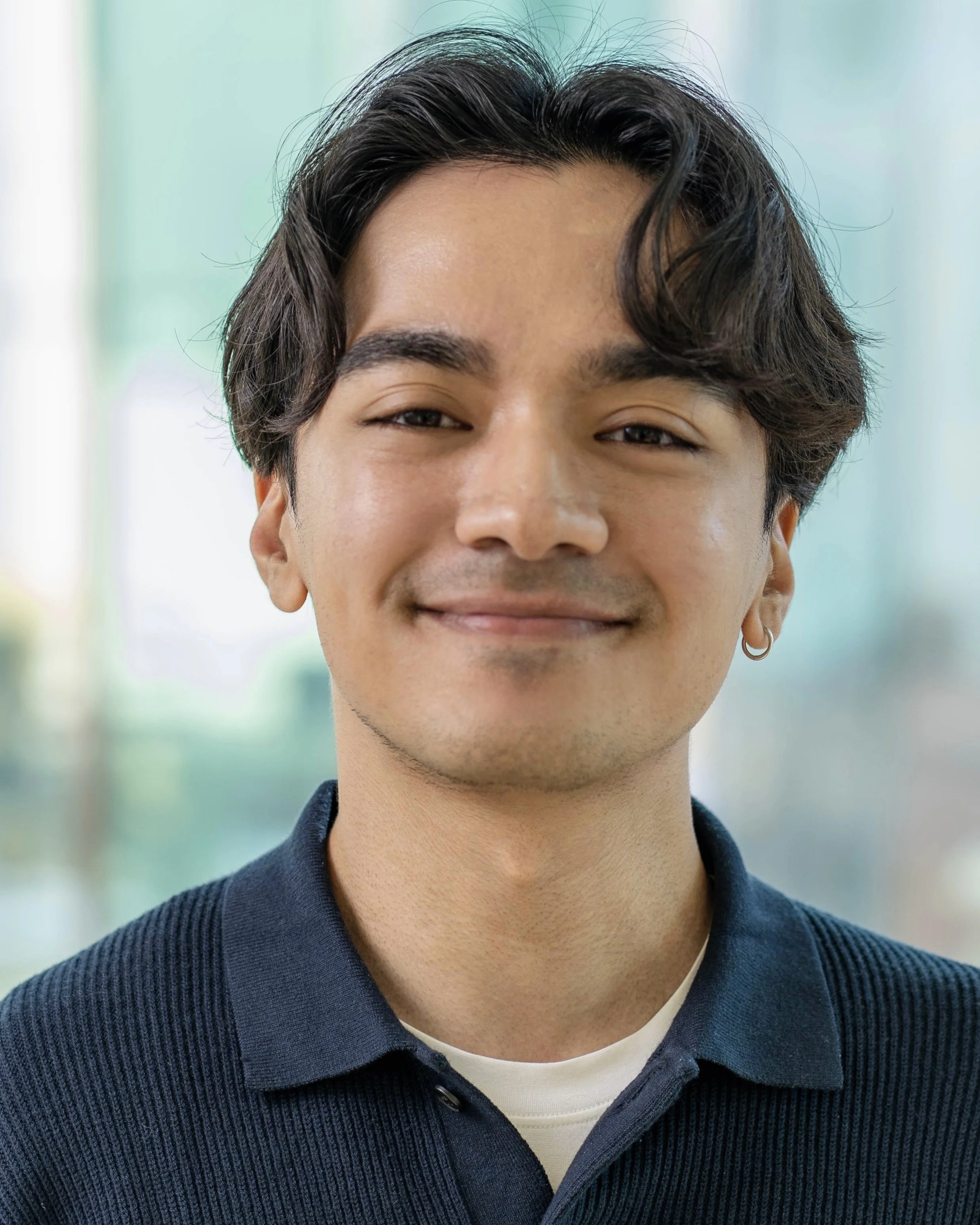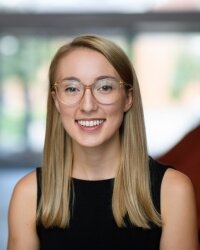
Meet the Lab
Laura Schulz
Primary Investigator
Laura Schulz received her BA in philosophy from the University of Michigan and her PhD in developmental psychology from the University of California, Berkeley. Her research focuses on the processes that support exploration, inquiry, and discovery in early childhood. She has contributed to topics including causal reasoning, social cognition, emotion understanding, moral reasoning, and the connection between play and learning. She has been honored with the American Psychological Association Distinguished Scientific Award for Early Career Contribution to Psychology; the National Academy of Sciences Troland Award; the Society for Research in Child Development Award for Early Career Research Contributions, and the NSF Presidential Early Career Award for Scientists and Engineers. She has been recognized as an MIT Macvicar Faculty Fellow for her contributions to undergraduate education and currently serves as the MIT Brain and Cognitive Sciences Associate Department Head for Diversity, Equity, Inclusion, and Justice.
Max Siegel is a postdoc in the Computational Cognitive Science group at MIT. His Ph.D work in the same laboratory was supervised by Josh Tenenbaum as well as Laura Schulz and Josh McDermott.
Max's research concerns recognition (or "identification") of concepts, in particular novel perceptual concepts, and their productive use in cognition. His thesis proposed that people can interpret a class of unfamiliar perceptual stimuli and scenarios -- compositional concepts -- by composing domain theories or "simulators", and gave behavioral and computational evidence for compositional simulation in adult and child perception and cognition.
Herrissa Lamothe is a postdoctoral fellow with Josh Tenenbaum and Laura Schulz. She previously completed her Ph.D. at Princeton University in Sociology. She is interested in intuitive sociology, that she characterizes in terms of social kinds which include social categories (e.g. race, class, gender); and social meanings which capture our symbolic hypotheses about the ways in which we are socially connected. She is also interested in developing a theory of central cognition that imports insights from the structure of our social concepts; and posits a computational model architecture for how the mind acquires its concepts and categories – including its social ones.
I am the Executive Director of Lookit, a website that lets families participate in cognitive development experiments from home. Lookit hosts experiments for research groups around the world; if you are interested in getting started with the platform please have a look here! Previously, I was a graduate student and postdoc in BCS, and am returning to MIT after a stint at the Center for Open Science where I worked on a large-scale project studying the reliability of claims in social science journals.
I am passionate about improving our scientific practices as social scientists, including promoting replication, data sharing, and large collaborations to improve the reliability of what we learn about the minds of young children. My work combines creating solutions for researchers with empirical research on how our habits and tools as scientists impact the results we report. These interests are a direct result of my own research experiences, and I see attention to our scientific practices as intimately related to the specific theories we study and the data we collect and interpret.
My graduate and postgraduate research focused on how early cognitive development informs how we understand language learning, and how the resulting adult language reflects these early representations. Specifically, I am fascinated by how children learn to use syntactic structures such as the transitive (Jane broke the lamp) and periphrastic causative (Jane made the lamp break). This work finds that early conceptual representations of causation and motion support how young toddlers make inferences about particular events in the world and choose what to say to get their own meanings across. I have also conducted research on how these argument structures shape our linguistic abilities at the cognitive and neural levels.
I’m a software developer on the Lookit team who specializes in creating the software and systems used to run behavioral experiments online. Lookit is a website run by the ECCL that allows families to participate in cognitive developmental experiments from home. My work on the team involves adding new features, testing, debugging, improving documentation, and offering technical support.
Nicole Coates received her BA in Cognitive Neuroscience from UC Davis and her MS in Psychology and Philosophy from San Jose State University. She is broadly interested in how children learn. More specifically, she is interested in how children come to learn abstract structure(s), why some structures are easier to learn than others, and our ability to spontaneously create structure in the world.
Shengyi Wu is a PhD student in the Early Childhood Cognition Lab at MIT. She graduated from University of California, Berkeley in May 2020, where she studied Psychology and Data Science. Prior to joining MIT, Shengyi worked as a project manager in the Computation and Language lab and the Kidd lab at UC Berkeley. Shengyi is broadly interested in using behavioral and computational approaches to study children’s social learning and attention.
Kiera Parece is a graduate student in the ECCL at MIT. She was previously a post-baccalaureate Research Assistant working concurrently in the ECCL and the Computational Cognitive Development Lab at Harvard with Dr. Tomer Ullman. Kiera graduated from Wellesley College with a degree in Psychology and Political Science. Prior to joining the ECCL, Kiera worked as a lab manager at Swarthmore College and as a preschool teacher and museum educator. Kiera is broadly interested in children’s social cognition and the role social influences play in children’s learning.
Lia Washington is a post-baccalaureate research scholar. She earned her B.A. in Psychology from New York University with minors in Computer Science and Korean language. At New York University she was a research assistant in another experimental developmental lab. Her primary interests lie in multilingualism and language acquisition, specifically, how learned languages and learning languages can affect how individuals understand and navigate the world.
Sienna Radifera is a Technical Associate in the ECCL MIT as of summer of 2025. She originally started as the lab manager in 2022. She is currently pursuing a Master’s in Computer Science with a focus in Data Science through Johns Hopkins University. She previously received her BA in Psychology from Boston University. There, she grew an interest for computer science and statistics. She is passionate about psychology related research, data science, and growing her programming skills.
Isaiah Dela Cruz is the Lab Manager at MIT’s Early Childhood Cognition Lab (ECCL) as of August 2025. He earned his Ed.M. in Human Development and Education, with a concentration in Early Childhood from the Harvard Graduate School of Education and his BSc in Psychology, minor in Data Science from De La Salle University (Philippines). His current research interests revolve around the cognitive mechanisms surrounding children’s goal behaviors, specifically how agents such as parents and teachers might influence motivation, effort, problem solving, and broadly the self. At present, he is working on measuring how parents’ early parenting experiences and beliefs informs one’s self and values in caregiving for children.


































